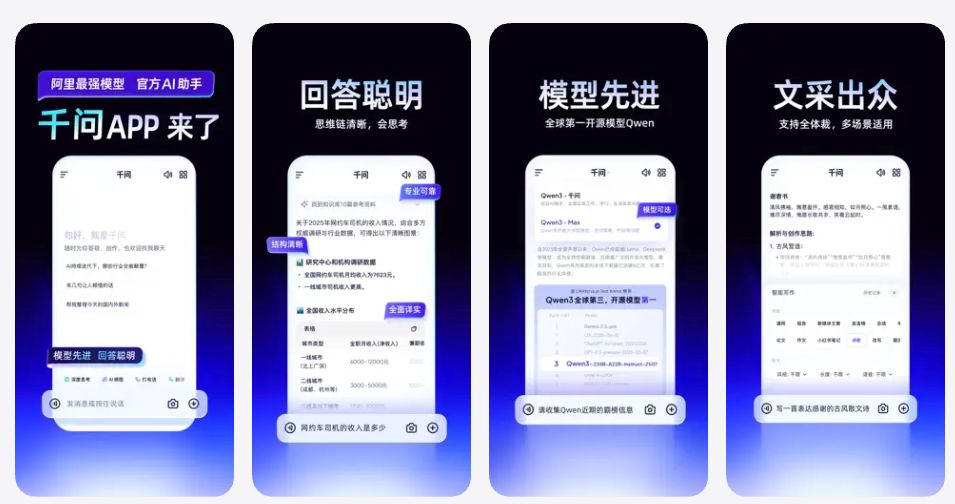KakaoBank Considers Issuing and Custody of Stablecoins in Korea
- KakaoBank considers operating in won-backed stablecoins
- Digital bank joins regulatory task force on cryptocurrencies
- South Korean President Backs Local Stablecoin Market
KakaoBank, the financial arm of tech giant Kakao, has signaled its intention to enter the South Korean stablecoin market, following regulatory advances driven by the current government. The intention was revealed during the company's first-half 2025 earnings presentation, with the company's CFO, Kwon Tae-hoon, highlighting that the bank is exploring options such as issuing and custody of digital assets.
According to Kwon, the bank is aligned with Kakao Group's stablecoin task force and sees stability and technological capacity as crucial factors for the development of this type of digital asset.
“For three years, while issuing real-name verified accounts to virtual asset brokers, we have been operating risk-related functions, including Know Your Customer (KYC) and Anti-Money Laundering (AML) monitoring.”
stated .
The executive also noted that KakaoBank participated in the Bank of Korea's pilot project for central bank digital currency (CBDC), being responsible for processing digital wallets, transfers and remittances during the tests.
The move is in line with the directives of South Korean President Lee Jae Myung, who advocates the creation of a won-backed stablecoin market as a way to curb capital flight. After his inauguration, members of the ruling party introduced a bill to establish a regulatory framework for the issuance and circulation of local stablecoins.
The private sector also responded quickly to the proposal. KakaoPay, the payments division of the same group, was one of the first to register trademarks related to stablecoin symbols in the country, back in June.
In parallel with the advancement in digital finance, KakaoBank reported 11% growth in operating profit, reaching 353,2 billion won (US$254 million). Deposit volume rose to 63,7 trillion won (US$45,8 billion), while its customer base reached 25,86 million—approximately half of South Korea's population.
Disclaimer: The content of this article solely reflects the author's opinion and does not represent the platform in any capacity. This article is not intended to serve as a reference for making investment decisions.
You may also like
This Week's Preview: BTC Falls Below 94,000, AI "Judgment Day" and Macro "Settlement Day" Both Looming
Bitcoin and Ethereum prices have declined as the market adopts a risk-off approach ahead of the upcoming Nvidia earnings report and the release of the Federal Reserve minutes. Nvidia's earnings will influence the AI narrative and capital flows, while the Fed minutes may reinforce a hawkish stance. Summary generated by Mars AI. The accuracy and completeness of this summary are still being iteratively improved by the Mars AI model.

The Ali Qianwen app's initial launch faces a surge in traffic; the official response is "operating well, feel free to ask."
The public beta of the Qianwen app has been launched, with Alibaba introducing its personal AI assistant to the consumer market. The first day’s traffic exceeded expectations, and some users experienced service congestion. “Alibaba Qianwen crashed” quickly trended on social media, but the official response stated that the system is operating normally.

Another giant exits! The "Godfather of Silicon Valley Venture Capital" sells all Nvidia shares and buys Apple and Microsoft
Billionaire investor Peter Thiel has revealed that he has fully exited Nvidia, coinciding with rare simultaneous retreats by SoftBank and "Big Short" investor Michael Burry, further intensifying market concerns about an AI bubble.
How to evaluate whether an airdrop is worth participating in from six key dimensions?
Airdrop evaluation is both an "art and a science": it requires understanding human incentives and crypto narratives (art), as well as analyzing data and tokenomics (science).

